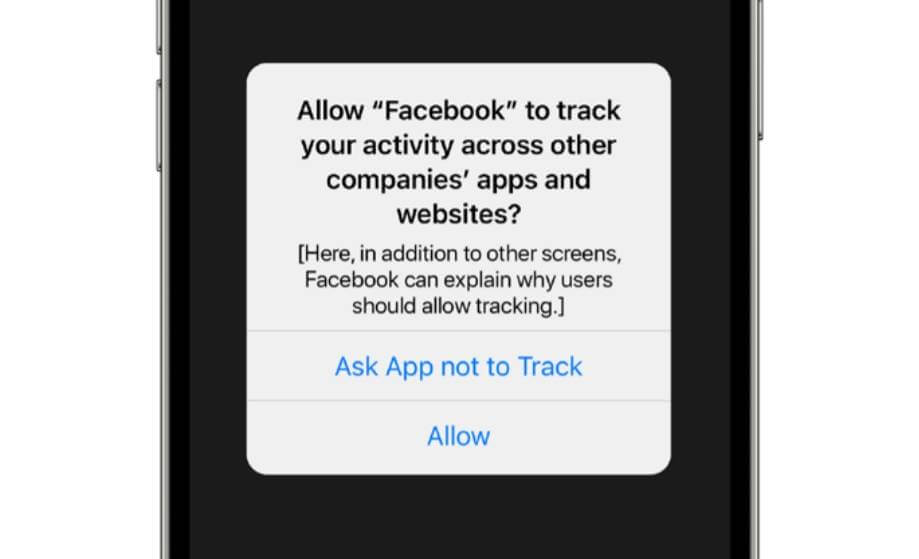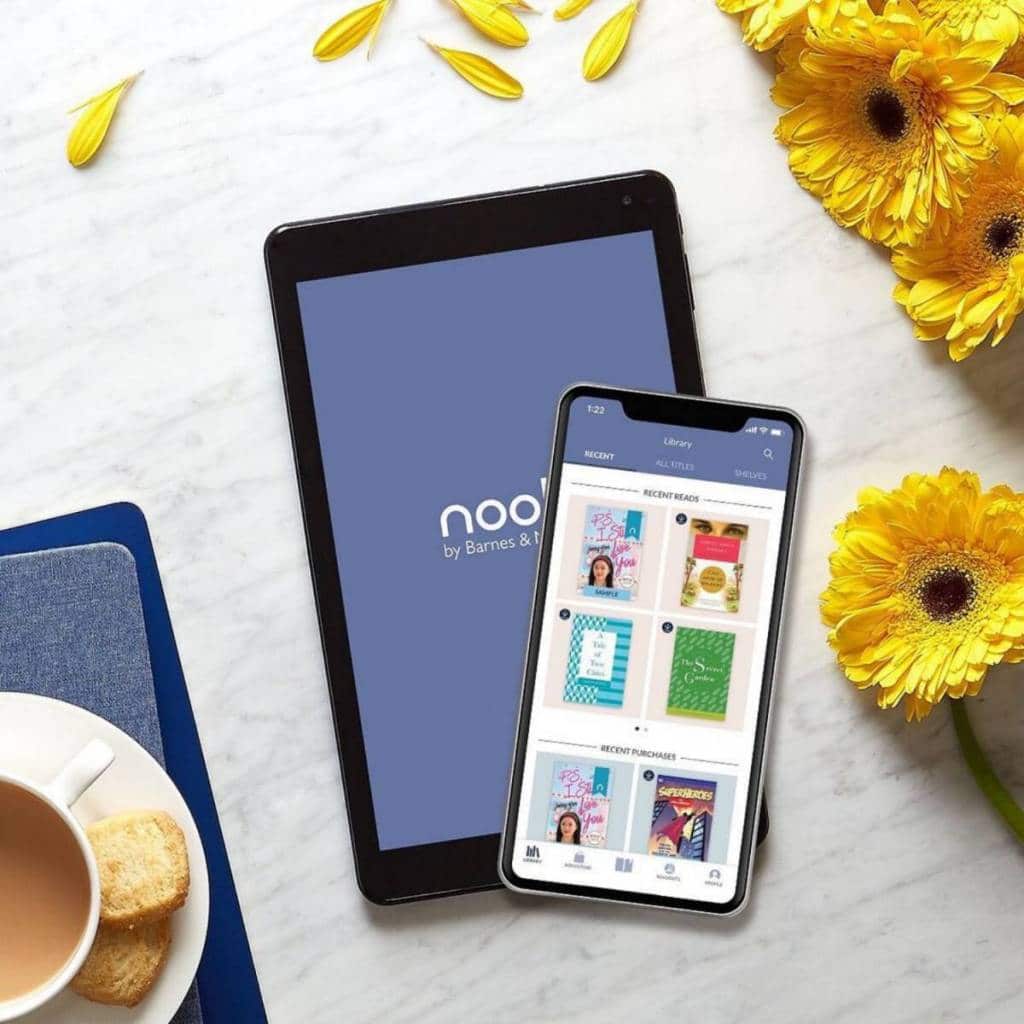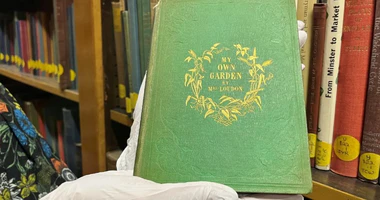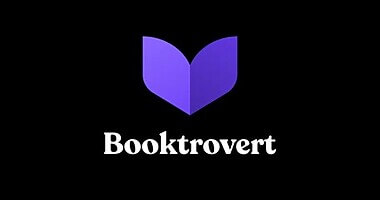One of the most important things about self-publishing has always been that authors were finally in control. Without gatekeepers blocking the way, authors could sell where they wanted to, price their books how they wanted, write whatever genre and crossovers they wanted. Choice is a glorious thing when it comes to buying and selling, but that choice diminished somewhat with the rise of Amazon.
Still, other platforms are out there doing the work for authors who choose to sell their books in a variety of retail locations. Barnes and Noble, whose self-publishing platform has undergone a number of dramatic changes over the years, has just announced some new features that will prove to be very enticing to authors who sell their books “wide.”
According to a press release from B&N, “Effective today, Barnes & Noble Press authors will receive a flat 70% royalty rate for eBook sales, up from a range of 40% to 65%. The self-publishing platform will also accelerate payments to 30 days after purchase instead of the prior 60 days. In addition, Barnes & Noble Press will expand its array of merchandising options, including curated ads on BN.com, better email placement, and social media and blog exposure on Barnes & Noble Press and NOOK channels.”
That first change is a pretty big deal, not only because it ups the amount authors could earn through this platform, but because it outshines top self-publishing platform Amazon’s KDP in pricing versus royalty (with KDP, ebooks can only earn 70% if they are priced at $2.99 or higher). Earning those royalties faster will also be nice, of course. As for the rest of the new features, advertising continues to be a thorn in the side for most authors and small presses. Even Amazon ads–by many accounts, an exercise in futility and frustration–aren’t a straightforward tool that’s readily available to most authors.
But wait… is it really worth it for an author to remove their books from Amazon’s exclusive program, KDP Select, and sell elsewhere? That’s a veiled way of saying, “Is B&N really selling enough books to make it worth losing out on Select status?”
Authors have to ask themselves what that Select exclusivity is really doing for them. If an author earns enough income from any promotional bones Amazon throws their way and the page view income from being included in Kindle Unlimited, then it might not be worth moving their books to other platforms. But with the opportunity to earn 70% on books at any price point–rather than 35% from Amazon for books priced below $2.99–those royalties can add up for authors who have a good-sized list.
Mercy Pilkington is a Senior Editor for Good e-Reader. She is also the CEO and founder of a hybrid publishing and consulting company.





